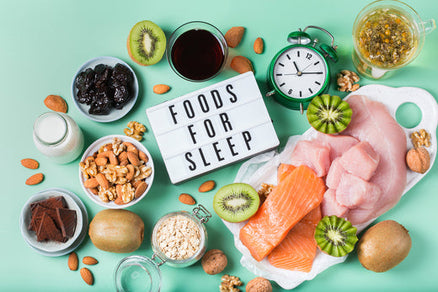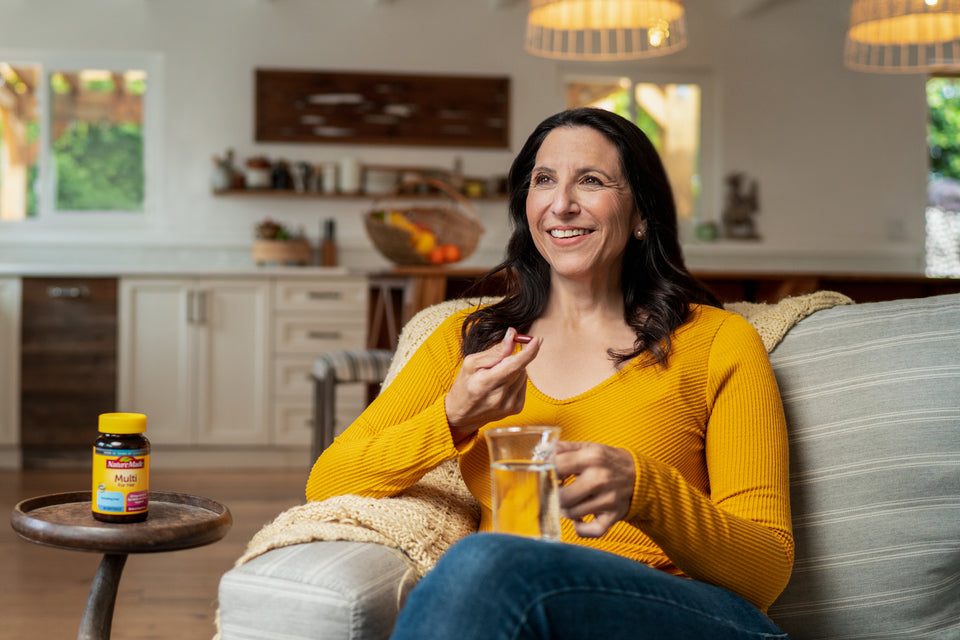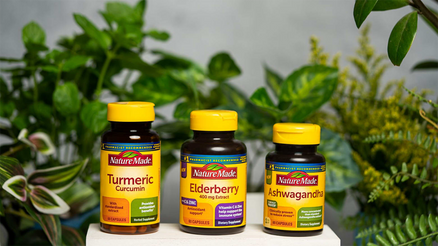Lynn M. Laboranti, RD
Science and Health Educator
Lynn is a Registered Dietitian (R.D.) and is a member of the Medical and Scientific Communications team at Pharmavite. She has over 20 years of experience in integrative and functional nutrition and has given lectures to health professionals and consumers on nutrition, dietary supplements and related health issues. Lynn frequently conducts employee trainings on various nutrition topics in addition to educating retail partners on vitamins, minerals and supplements. Lynn has previous clinical dietitian expertise in both acute and long-term care, as well as nutrition counseling for weight management, diabetes, and sports nutrition. Lynn earned a bachelor’s of science in Nutrition with a minor in Kinesiology/Exercise Science from The Pennsylvania State University. She earned a M.S. degree in Human Nutrition from Marywood University in Scranton, Pennsylvania. Lynn is an active member of the Academy of Nutrition and Dietetics, Sports Cardiovascular and Wellness Nutritionists, Dietitians in Functional Medicine, and holds a certification in Integrative and Functional Nutrition through the Academy of Nutrition and Dietetics.
Read More
about Lynn M. Laboranti, RD






 Beauty
Beauty
 Bone
Bone
.svg?v=1708553623743) Brain
Brain
 Gut Health
Gut Health
 Energy
Energy
 Eye Health
Eye Health
 General Wellness
General Wellness
 Heart
Heart
 Immune Health
Immune Health
 Joints
Joints
 Kids
Kids
 Men's Health
Men's Health
 Mood
Mood
 Prenatal & Postnatal
Prenatal & Postnatal
 Sleep
Sleep
 Stress
Stress
 Women's Health
Women's Health


















